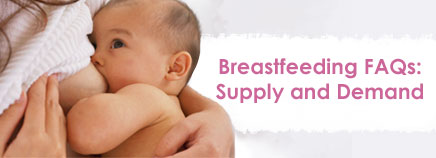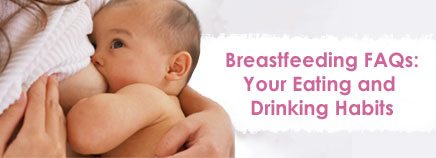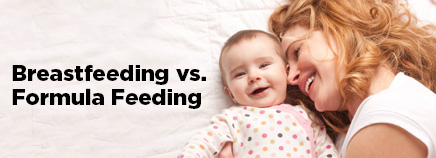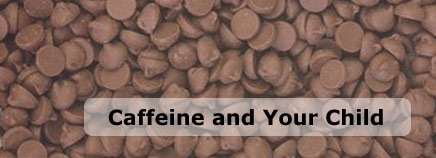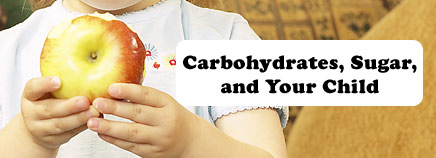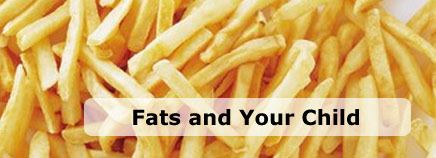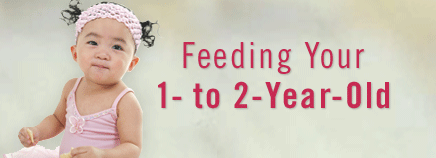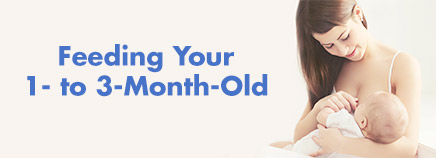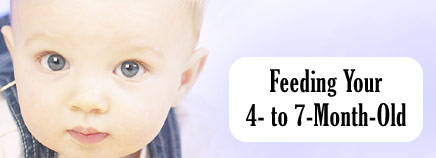Whether you’re a new mom or a seasoned parenting pro, breastfeeding often comes with its fair share of questions. Here are answers to some common queries that mothers — new and veteran — may have. How can I increase my milk supply? Your milk supply is determined by the stimulation …
Breastfeeding FAQs: Your Eating and Drinking Habits
Whether you’re a new mom or a seasoned parenting pro, breastfeeding often comes with its fair share of questions. Here are answers to some common queries that mothers — new and veteran — may have. What should I eat? Just as when you were pregnant, it’s important to eat well …
Breastfeeding vs. Formula Feeding
Choosing whether to breastfeed or formula feed their baby is one of the biggest decisions expectant and new parents will make. A number of health organizations — including the American Academy of Pediatrics (AAP), the American Medical Association (AMA), and the World Health Organization (WHO) — recommend breastfeeding as the best …
Caffeine and Your Child
Most parents wouldn’t dream of giving their kids a mug of coffee, but might routinely serve soft drinks containing caffeine. Foods and drinks with caffeine are everywhere, but it’s wise to keep caffeine consumption to a minimum, especially in younger kids. The United States hasn’t developed guidelines for caffeine intake …
Carbohydrates, Sugar, and Your Child
Carbohydrates are the body’s most important and readily available source of energy. Even though they’ve gotten a bad rap lately and are sometimes blamed for the obesity epidemic in America, carbs are a necessary part of a healthy diet for both kids and adults. The two major forms of carbs are: …
Egg Allergy
Helping your child manage an egg allergy means being aware of what he or she eats and reading food labels carefully. It’s work, but it’s important. About Egg Allergy Eggs in themselves aren’t bad, but when someone is allergic to them, the body thinks they are. When a person is …
Fats and Your Child
As with carbohydrates in recent years, fats have been wrongly accused of being “bad.” Too much fat can be a bad thing, but certain kinds of fat are actually good for us and are an important part of a healthy diet. About Fat Fats are nutrients in food that the …
Feeding Your 1- to 2-Year-Old
Toddlers this age are moving from the eating habits they had as infants toward a diet more like your own. Your job is to keep introducing new flavors and textures. Food preferences are set early in life, so help your child develop a taste for healthy foods now. Toddlers have …
Feeding Your 1- to 3-Month-Old
During your baby’s first 3 months, breast milk or formula will provide all the nutrition needed. Do you breastfeed your 1- to 3-month-old baby? YesYes, and I’m also supplementing with formulaNo VoteView Results As your infant grows, feeding will change. Babies move toward consuming more milk during each feeding, so …
Feeding Your 4- to 7-Month-Old
Most babies this age are introduced to solid foods. Experts recommend gradually starting solid foods when a baby is about 6 months old, depending on the baby’s readiness and nutritional needs. Be sure to check with your doctor before giving any solid foods. Is My Baby Ready to Eat Solids? How can …

